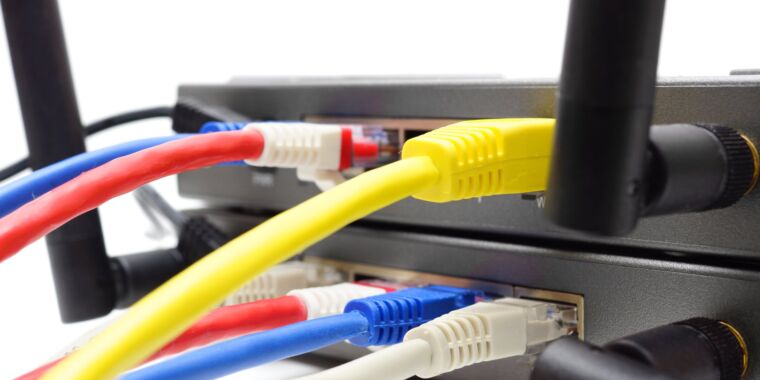The FCC Chair’s Decision on Universal Service Fees
The recent decision by the Federal Communications Commission Chair not to impose Universal Service fees on Internet service has sparked discussions about the future of the Universal Service Fund (USF) and its impact on broadband network expansions and low-income consumer access. This $8 billion-a-year fund supports essential FCC programs like Lifeline discounts and Rural Digital Opportunity Fund deployment grants for ISPs, ensuring connectivity and affordability for all Americans.
Background on Universal Service Fees
Phone companies are currently required to contribute a percentage of their revenue to the USF, with these costs passed on to consumers through a “Universal Service” line item on their phone bills. Advocates have proposed extending these assessments to broadband services to enhance the fund’s size and reduce charges on phone services, creating a more equitable distribution of the financial burden among different types of telecommunications services.
Amid calls to bolster the USF to support programs like the Affordable Connectivity Program (ACP), which provides broadband discounts to low-income individuals, the FCC’s upcoming vote on reclassifying broadband as a telecommunications service adds urgency to the funding debate. The potential reintroduction of net neutrality rules adds another layer of complexity to the discussion, with implications for industry stakeholders and consumers alike.
Chairwoman Rosenworcel’s Stance
FCC Chairwoman Jessica Rosenworcel’s recent proposal rejects the imposition of Universal Service contributions on Broadband Internet Access Service (BIAS), citing concerns about instability and inequity in the current system. The proposal emphasizes cautious, incremental decision-making to avoid disrupting the existing framework, aligning with the FCC’s 2015 position on net neutrality regulation.
Industry response to the deferral of action on Universal Service funding has been mixed, with cable lobby group NCTA-The Internet & Television Association welcoming the decision while expressing reservations about the broader net neutrality plan. Calls for congressional intervention in contribution reform highlight the complexity and contentious nature of the issue, with potential ramifications for broadband adoption and consumer costs.
Future Considerations and Industry Perspectives
Industry lobby groups like USTelecom have advocated for Big Tech firms to contribute to the Universal Service Fund, a proposition echoed by Republican FCC Commissioner Brendan Carr. The ongoing discussions within Congress and the FCC about USF contribution reform underscore the need for comprehensive, collaborative approaches to address the challenges of funding mechanisms and industry contributions.
Rosenworcel’s draft plan acknowledges the intricacies of USF contribution reform and the necessity for a holistic, inclusive decision-making process involving all stakeholders. As the FCC continues its deliberations and Congress explores legislative solutions, the path forward for broadband contributions to the Universal Service Fund remains a key area of focus for industry participants and policymakers alike.
Image/Photo credit: source url





